Hard Money Lenders in Michigan: Quick FinancingOptions
Are you searching for a way to finance your next real estate project in Michigan? Whether you’re looking to flip a bungalow in Ann Arbor or scoop up a rental property in Detroit, hard money loans can offer the quick and flexible funding solution you need. Hard money lenders in Michigan focus on the value of the property rather than your credit score, making them an attractive option for those with tight timelines or less-than-perfect credit. In this guide, we’ll walk you through the essentials of hard money lending in Michigan, exploring how these loans work, their typical uses, and the costs involved. We’ll also share alternative financing options and highlight top-rated hard money lenders in the state. Whether you’re a seasoned investor or a homeowner looking for bridge financing, understanding your options will help you make informed decisions about your financial future. Start Making Offers Without Waiting to Sell Your Home Through our Buy Before You Sell program, HomeLight can help you unlock a portion of your equity upfront to put toward your next home. You can then make a strong offer on your next home with no home sale contingency. Learn More Editor’s note: This post is for educational purposes and is not intended to be construed as financial advice. HomeLight always encourages you to consult your own advisor.What is a hard money lender? A hard money lender is a private individual or company that provides short-term, asset-based loans secured by real estate. Unlike traditional lenders who emphasize the borrower’s credit score and financial history, hard money lenders in Michigan focus on the property’s value. Their clients often include house flippers and those purchasing rental properties who require quick access to funds and flexible terms. Hard money lenders use the after-repair value (ARV) — the estimated value of a property after all renovations are completed — to determine loan amounts. Typically, they lend a percentage of the ARV to mitigate risk and maximize investment potential. Hard money loans come with higher interest rates, usually ranging from 8% to 15%, and have shorter repayment periods, typically 6 to 24 months. Additional costs include origination fees, closing costs, and points. Non-payment of a hard money loan can result in the lender exercising their right to seize the collateral property according to the loan agreement.How does a hard money loan work? If you’re a real estate investor in Michigan looking for quick and flexible financing, connecting with hard money lenders could be a viable option. Here’s a breakdown of how hard money loans work:
Categories
Recent Posts

Hill House Home X Nestig Redefine Children’s Furniture With
A Whimsical, Sustainable Mini Chair Collection

Billionaire William Heinecke’s Minor International Aims To
Raise $1.5 Billion By Listing Hotel REIT In Singapore In
2026

Build-To-Rent Housing Leverages Demographics, Builds
Momentum

Smart Renovations That Boost Your Home’s Value And The Ones
That Don’t

Playing The Long Game: How To Manage Real Estate
Cycles

Billionaire Kwek Leng Beng’s CDL Sells 84% Of Residential
Towers Amid Singapore Property Boom

Think You Know Real Estate Seasonality In Manhattan And
Brooklyn? Think Again.

One In Five Homebuyers Willing To Pay $10K More For This
Feature

End Of Year Trend Report: The 5 Senses Redefine What “Home”
Feels Like

Why It’s An Exciting, Uncertain Time In Home
Improvement


